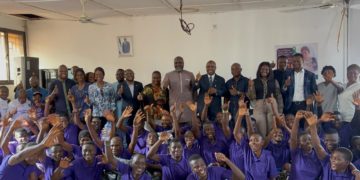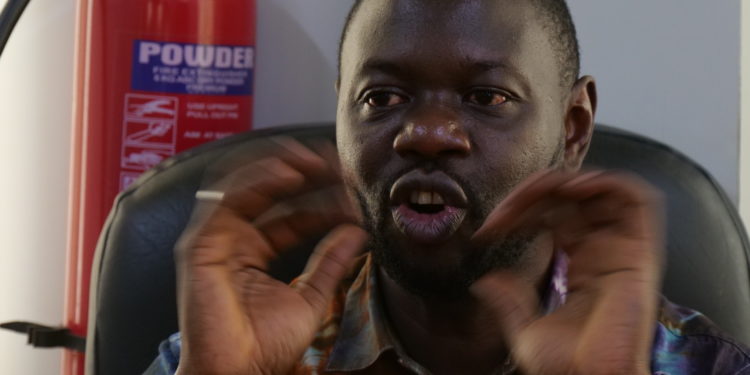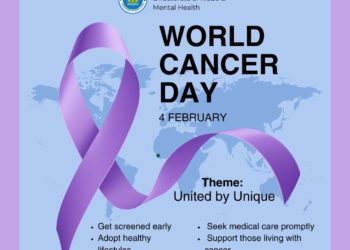Regional collaboration among scientists is crucial to eliminate barriers like the high cost of maintaining infrastructure like labs by individual countries, Pan-Africanist scientist Dr Alhaji Umar Njai has said.
The Sierra Leonean biomedical scientist said African scientists have taken the backstage for far too long and that there was a need to take the lead in research initiatives in the region, pointing out that working in silos deprives the region of the benefits that comes with complementing one another.
“When you look at the field, even during Ebola and up till now, most of the publications that are coming, you find out that it is not from us. It’s still tilted towards the global north,” he told ManoReporters.
“We saw from Ebola that there was a dearth in terms of the number of Africans who were involved in research and involved in understanding these types of pathogens,” he added.
Dr Njai is co-leading efforts by a group West African scientists with the goal of changing this reality through the West African Consortium for Clinical Research on Epidemic Pathogens (WAC-CREP). This is a collaboration among researchers from Mali, Guinea, Liberia, Sierra Leone, and Cote D’Ivoire, which aims to build capability on dealing with deadly infectious diseases.
The group was born out of the West African Ebola Epidemic of 2014-2016. Sierra Leone and two of its Mano River Basin neighbours – Liberia and Guinea – were the hardest hit by what is on record as the world’s deadliest outbreak of the hemorrhagic fever disease. But it also spilled over to other neighbouring West African countries like Mali, Senegal and beyond.
Dr Njai said researchers in the region struggled to connect for collaboration at the time. What work was done was spearheaded by outsiders, Western researchers, who took the lead because they came with the resources, he said.
“They have the funding. They come, they dictate what they want. It is still like that extractive relationship that we have had from colonialism. Come in, grab what you want, take it and go and publish. And the African scientists often times become restricted to data collectors,” he said, adding: “We want to change that. We want to say that we can actually be pushing theory. We can take the lead. We can actually begin to think that some of the key aspects of the science, the theory, come from us. It’s not necessarily from the global north.”
But Dr Njai is not oblivious of the challenges at hand. He said that Africans also need to develop their own competences, in terms of writing and publications, noting that these are challenges that they are often confronted with.
WAC-CREP has gone on to improve on collaboration among researchers in the region. Last month it convened its 6th international conference in the Malian capital, Bamako as part of ongoing efforts to deepen the collaboration.
“The meeting in Mali was to consolidate over eight years of us collaborating but also now to move on creating a stronger structure with a strategic plan and strategic structure,” said Njai.
The Sierra Leonean scientist was selected as Facilitator and Lead for the Development of a Regional Research Agenda for the consortium. He said that among its objectives is to create a formal mechanism by which to attract grant and make use of shared resources. They are also looking at mentoring to build the capability of young scientists to increase the pool of researchers in the region, he said.
Dr Njai said Ebola and Covid-19 left many unanswered questions, which the Bamako meeting also sought to address, including psychosocial issues faced by the over 17, 000 survivors of the Ebola virus disease in the three most affected countries, as well as the legal issues concerning lock downs, restrictions and mandatory vaccinations, as was witnessed in a wider scope during the Covid-19 pandemic.






















